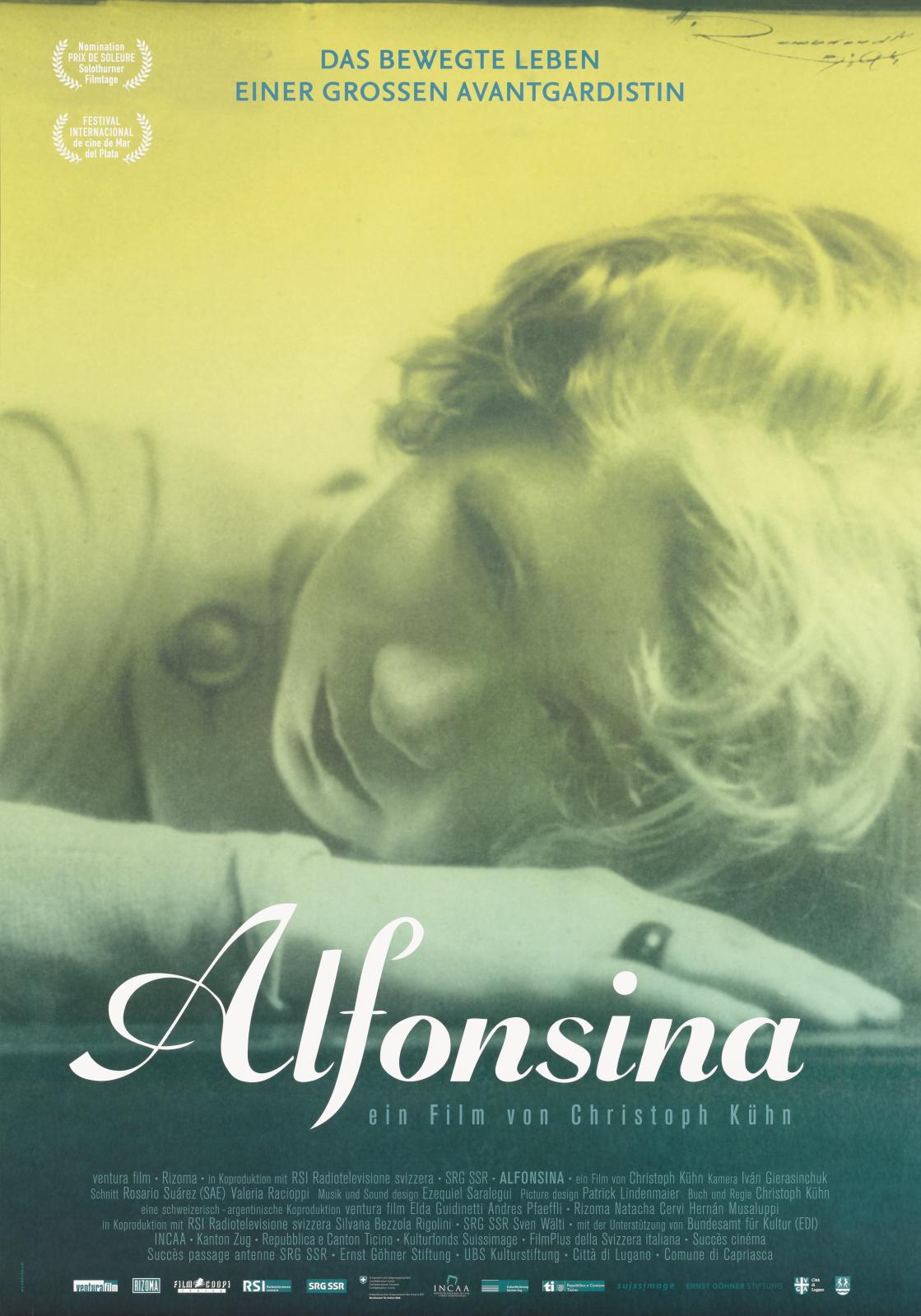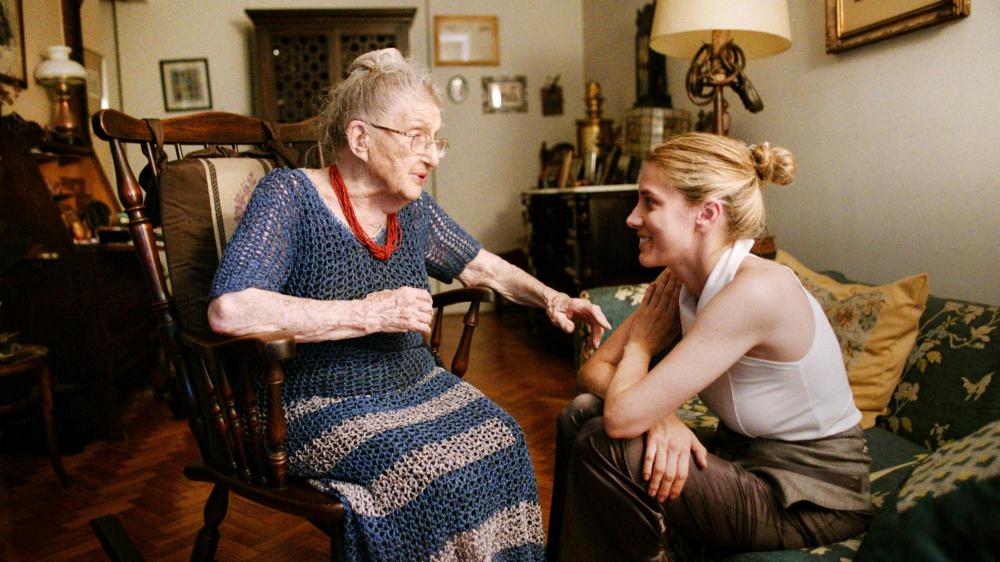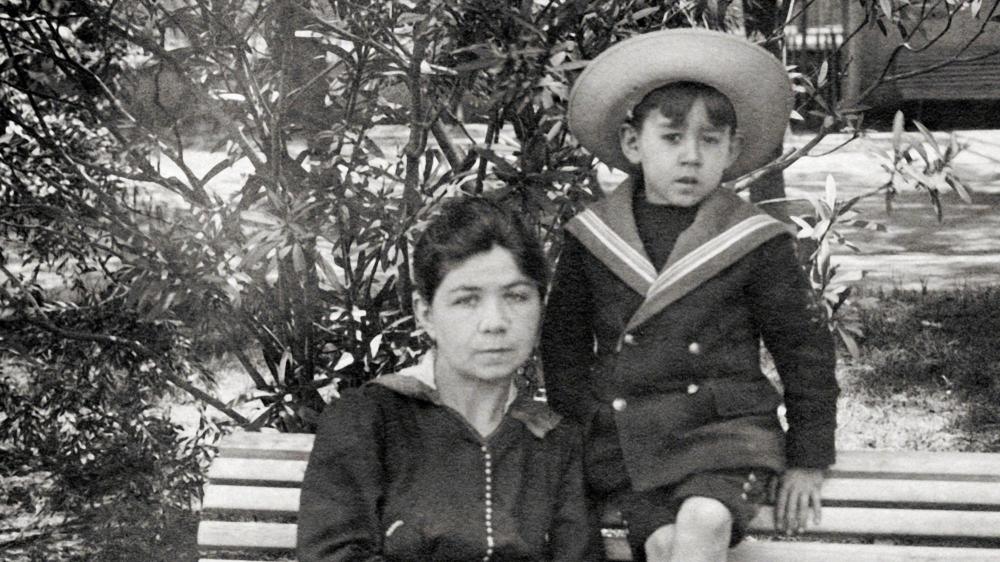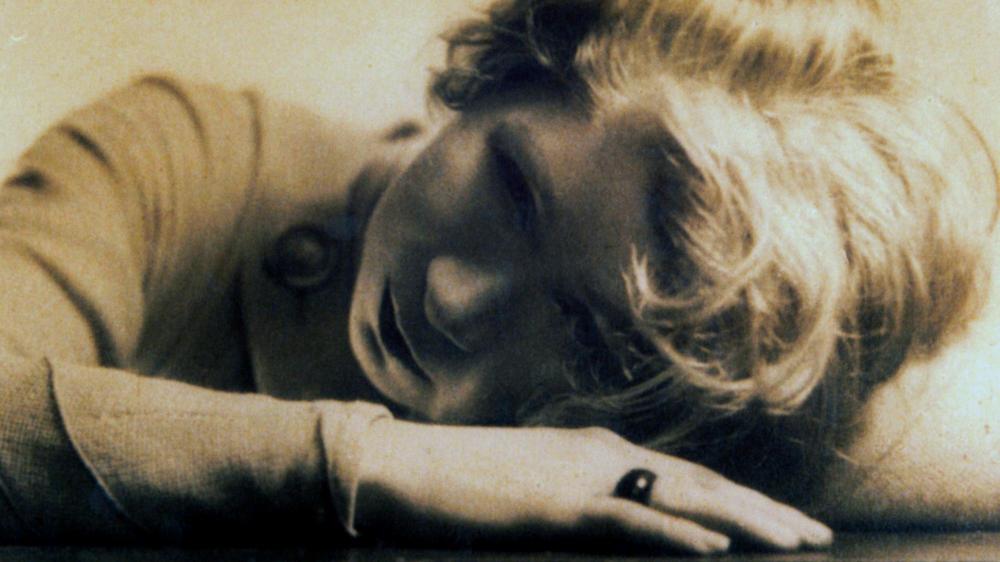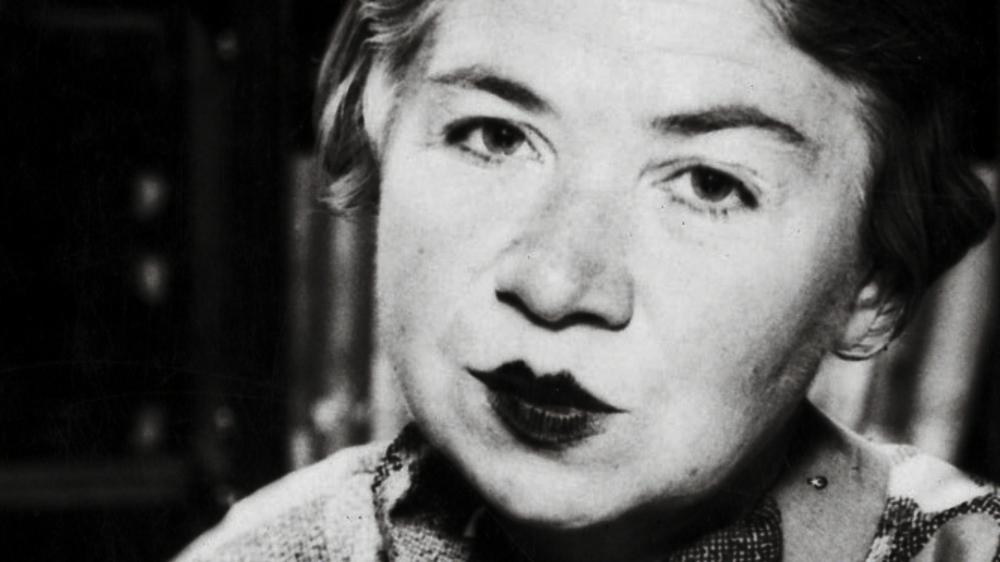Alfonsina
Born and raised in Capriasca (Ticino) the female poet Alfonsina Storni (1892-1938) is a legend in Argentina.

Filmcoopi Zürich AG
- Bundesamt für Kultur (EDI), INCAA, Katon Zug, Repubblica e Canton Ticino, Kulturfonds Suissimage, FilmPlus della Svizzera italiana, Succès cinéma, Succès passage antenne SRG SSR, Ernst Göhner Stiftung, UBS Kulturstiftung, Città di Lugano, Comune di Capriasca
(selection):
- 49. Solothurner Filmtage, 2014
- 28° Festival Internacional de Cine de Mar del Plata, 2013
Alfonsina Storni (1892-1938) is a legend in Argentina. In the "Alfonsina y el Mar" (Alfonsina and the Sea) song created in the 1960s - and still being sung everywhere even nowadays - Alfonsina is celebrated as a heroine who plunges into the waters of the Atlantic with a heavenly blessing. The legend describing her as an intrepid feminist and the poet of scandalous verses, was born while she was still alive.
Born in Zug, director of several renowned documentaries, director Christoph Kühn took an interest in one of Ticino's most famous female characters, the poet Alfonsina Storni (1892-1938), who was born and raised in Capriasca, near Lugano, where her father produced "Birra delle Alpi". As a teenager, she wrote poetry and flirted with anarchist ideas. Like many in the region, her family emigrated to Argentina. There, little by little, the young woman became part of the literary world of Buenos Aires. Almost always the only woman in a world of men. Alfonsina Storni quickly became an almost legendary figure, an intrepid feminist, an avant-garde journalist, a poet whose verses were considered scandalous, a woman who also dared to be a single mother in a male chauvinist and soon to be dictatorial country. She became friends with the Uruguayan writer Horacio Quiroga, who committed suicide in 1937. The following year, stricken with breast cancer, she threw herself into the sea at Mar del Plata. Her death prompted the pianist Ariel Ramírez and the writer Félix Luna to write the famous song Alfonsina y el mar, created by Mercedes Sosa in 1969 in the album Mujeres argentinas and still sung everywhere today. In this song the artist is celebrated as a heroine throwing herself into the waters of the Atlantic. The film had its world premiere at the Mar del Plata Festival.
Frédéric Maire, Director Cinémathèque Suisse


